Picture courtesy of liftedathletics.com
I have had a lot of questions the past few weeks on how much protien needs to be consumed each day. Let’s learn about protein and the best sources!
- Most Americans get more than enough protein each day, and may be getting too much of this nutrient from animal sources, like meat, poultry, and eggs.
- Although important in the diet, extra protein will not help you build more muscle or make you stronger. When you're consuming too much of it, you're probably taking in more calories and fat than your body needs.
How much protein is enough?
- Adults in the U.S. are encouraged to get 10% to 35% of their day's calories from protein foods. That's about 46 grams of protein for women and 56 grams of protein for men.
- Many nutritionists advise eating 1.1 g to 1.2 g of protein daily for every 2.2 pounds of body weight. (Take your body weight and divide by 2.2 then multiply that number times 1.2.)
- Many of us do get about 70 grams daily, but we tend to eat the majority of it at dinner, and our body can use only 15 g to 30 g at a time to build and repair tissue. The rest is burned for energy or, too often, stored as fat.
How do I get enough protein?
It's not hard to get this amount if you eat two to three servings of protein-rich foods through out the day.
- A small 3-ounce piece of meat has about 21 grams of protein. A typical 8-ounce piece of meat could have over 50 grams of protein.
- One 8-ounce container of yogurt has about 11 grams of protein.
- One cup of milk has 8 grams of protein.
- One cup of dry beans has about 16 grams of protein.
What are the best sources of protein?
- Lean animal sources include red meat with less marbling, poultry without skin, nonfat or low-fat dairy products, and fish.
- Most people benefit from eating less processed protein, such as bacon, hot dogs, and lunch meats, and are better off eating beans and fish a few times a week.
- From black beans and garbanzos to lentils and split peas, plant proteins can be used in soups, chili, spreads, and Mexican dishes. As for whole grains, three protein-rich grains are quinoa, spelt, and farro.
- Unlike animal protein, most plant-based proteins are "incomplete," meaning they lack some amino acid building blocks. By combining plant proteins, such as rice and beans or hummus on pita bread, they become "complete" with all the essential amino acids found in animal protein.
People With Special Protein Needs
Not everyone needs the same amount of protein. Here are six groups who need to pay more attention to their protein requirements.
- Pregnant and breastfeeding women. Pregnant women need about 10 more grams of protein than they did before. Nursing women need 20 grams more protein a day than they did before pregnancy to support milk production.
- Athletes. Most sports involve physically breaking down muscle during the activity and repairing it afterward. So the protein needs of active people are influenced by the length, frequency, and intensity of their workouts. Endurance athletes such as marathoners need about 50% more protein than a sedentary person. Body Builders might need twice as much protein as a sedentary person.
- Dieters. When shedding pounds sensibly, the goal is to lose body fat but maintain lean muscle mass. Protein helps you do that. Protein foods tend to be more filling, so they delay hunger, making it easier to stick with your weight-loss program. Just keep an eye on the calories and portion sizes of your protein choices when including them in meals and snacks.
Tips for Not Going Overboard With Protein
- Protein servings of meat, poultry, or fish, should be the size and thickness of the palm of your hand.
- To look at it another way, protein should take up no more than one-third of your plate at meals, whether it's in a form you can drink or chew. Try to include small amounts of protein foods at every meal to spread your intake evenly throughout the day.
Do protein powders work, and do I need them?
Yes! Protien powders contain the building blocks of muscle (amino acids). However, protein powders and supplements should be used to supplement your diet and training routine. They should not be thought of as a quick/easy way to gain muscle. Also, not all proteins are created equal – try to avoid ones with long lists of chemicals/artificial sweeteners. On the label, look for the word “isolates” vs. “concentrates”. Isolates are proteins in the purest form, but concentrates are often used instead because they are less expensive to produce.
Protein Bars
I looked into some protein bars and here is what I found:
Let me know if you have found a better protein bar!


